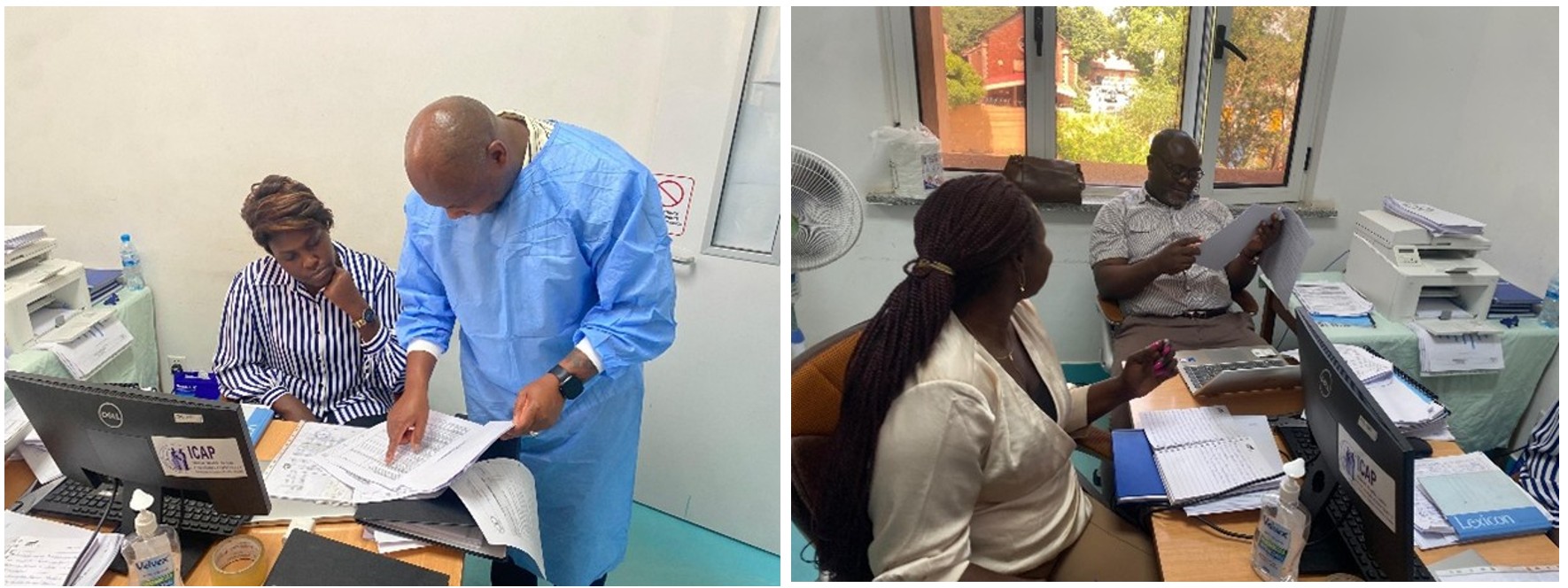From 1–10 September 2025, the African Society for Laboratory Medicine (ASLM), in collaboration with the ICAP South Sudan Country Office and the National Public Health Laboratory (NPHL), conducted Stepwise Laboratory Improvement Process Towards Accreditation (SLIPTA) audits across three states in South Sudan: Central Equatoria, Western Equatoria, and Eastern Equatoria.
The audits were carried out at Juba Teaching Hospital Laboratory (Central Equatoria), Yambio State Hospital Laboratory (Western Equatoria), and Torit State Hospital Laboratory (Eastern Equatoria). Their primary objective was to strengthen Laboratory Management Systems in line with the SLIPTA Framework Version 3, by identifying gaps in quality systems and recommending corrective measures. A horizontal audit approach was applied to ensure consistency and comparability across facilities and the laboratory tests assessed.

During the close-out meeting held on 10 September 2025 at the NPHL Conference Hall in Juba, findings and identified gaps were formally presented to the NPHL, the Quality Assurance Office, and key stakeholders. Notably, all three facilities were awarded 2-SLIPTA stars, with minimal improvements needed to achieve limited scope accreditation, particularly for qualitative tests.

In his remarks, the NPHL Director, Dr. Gregory Wani emphasized the importance of strengthening quality systems as part of South Sudan’s commitment to improving diagnostic services. Representatives from the Centers for Disease Control and Prevention (CDC), World Health Organization (WHO), ICAP Global Health, Amref Health Africa, African Field Epidemiology Network (AFENET), and hospital management were also in attendance, underscoring strong national and international collaboration.
The audits highlight ASLM’s ongoing efforts to enhance laboratory quality management systems in Africa, paving the way for more reliable diagnostics and improved health security. By embedding accreditation standards within national health facilities, South Sudan is building the foundation for stronger laboratory systems capable of supporting disease surveillance and effective response to public health threats.
This initiative represents a significant step forward in strengthening South Sudan’s laboratory network, aligning the country with international standards while advancing the goal of resilient and sustainable healthcare systems.

